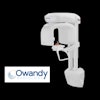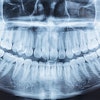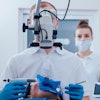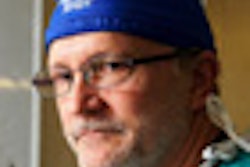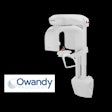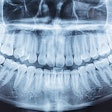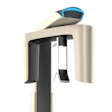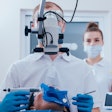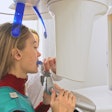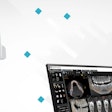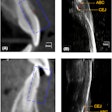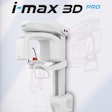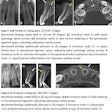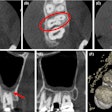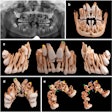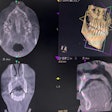Surgeons at Walter Reed National Military Medical Center are using cone-beam CT (CBCT) to help create more effective cranial and facial prosthetics for soldiers suffering from severe facial injuries.
The CBCT scanner captures hundreds of images that are used to create models and schematics of the patient, according to an article in Popular Mechanics. Surgeons and implant makers use the scans presurgical planning that can reduce the patient's time on the table, according to Capt. Gerald Grant, director of Craniofacial Imaging Research Group at the Naval Postgraduate Dental School and service chief of the 3-D Medical Application Center.
"We use post-traumatic scans, so we know what they look like after they've been injured," Grant told Popular Mechanics. "A lot of times, if someone has an injury on the left side (of their face) we can mirror the right side, overlay it, and rebuild. When people have midfacial fractures, you can't really do that."
To address this issue, Grant and his team hope to be able to scan all incoming recruits and troops to develop a database of images that could be used in case of injury to show the doctors what the patient looked like before the injury.
